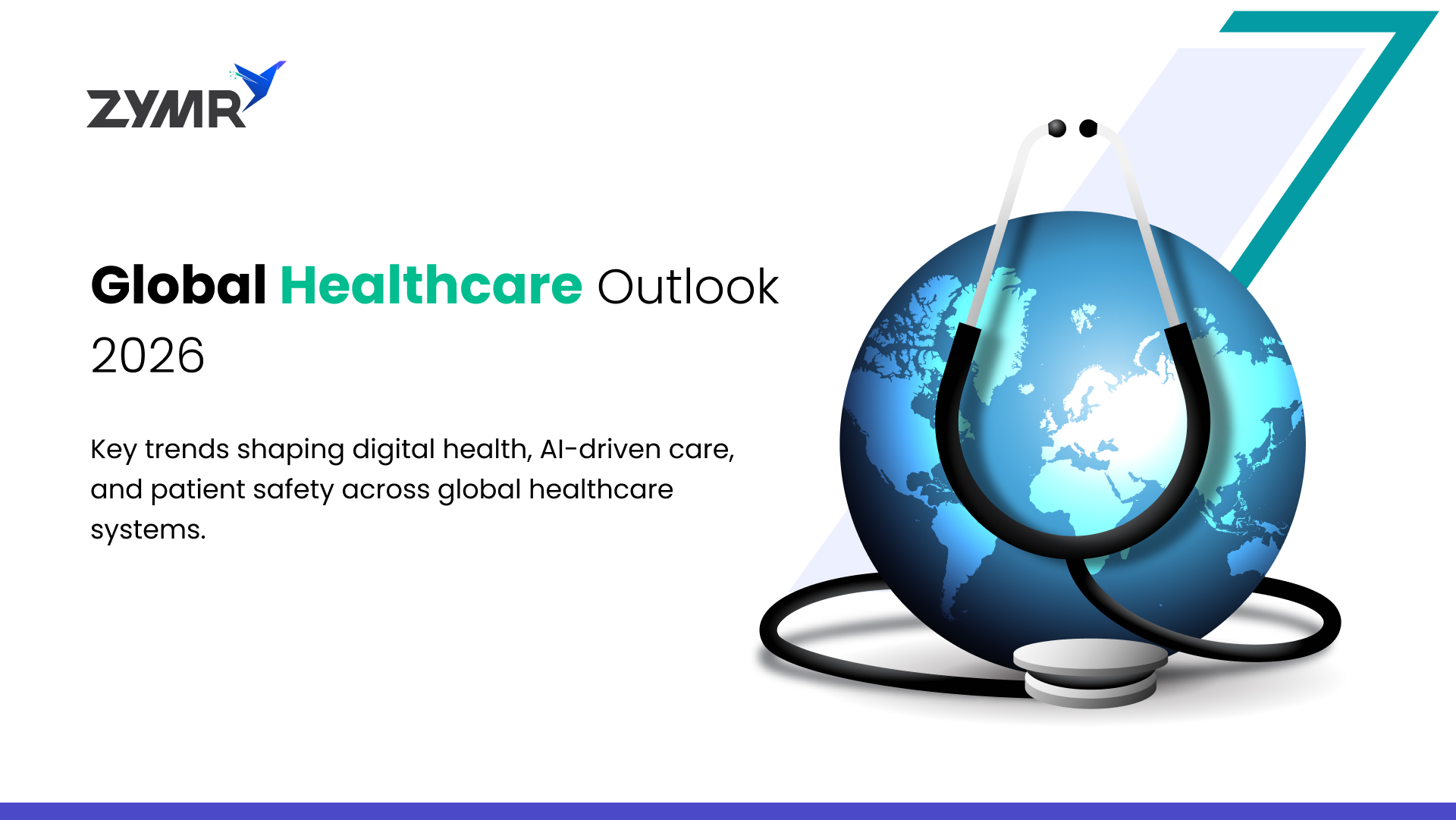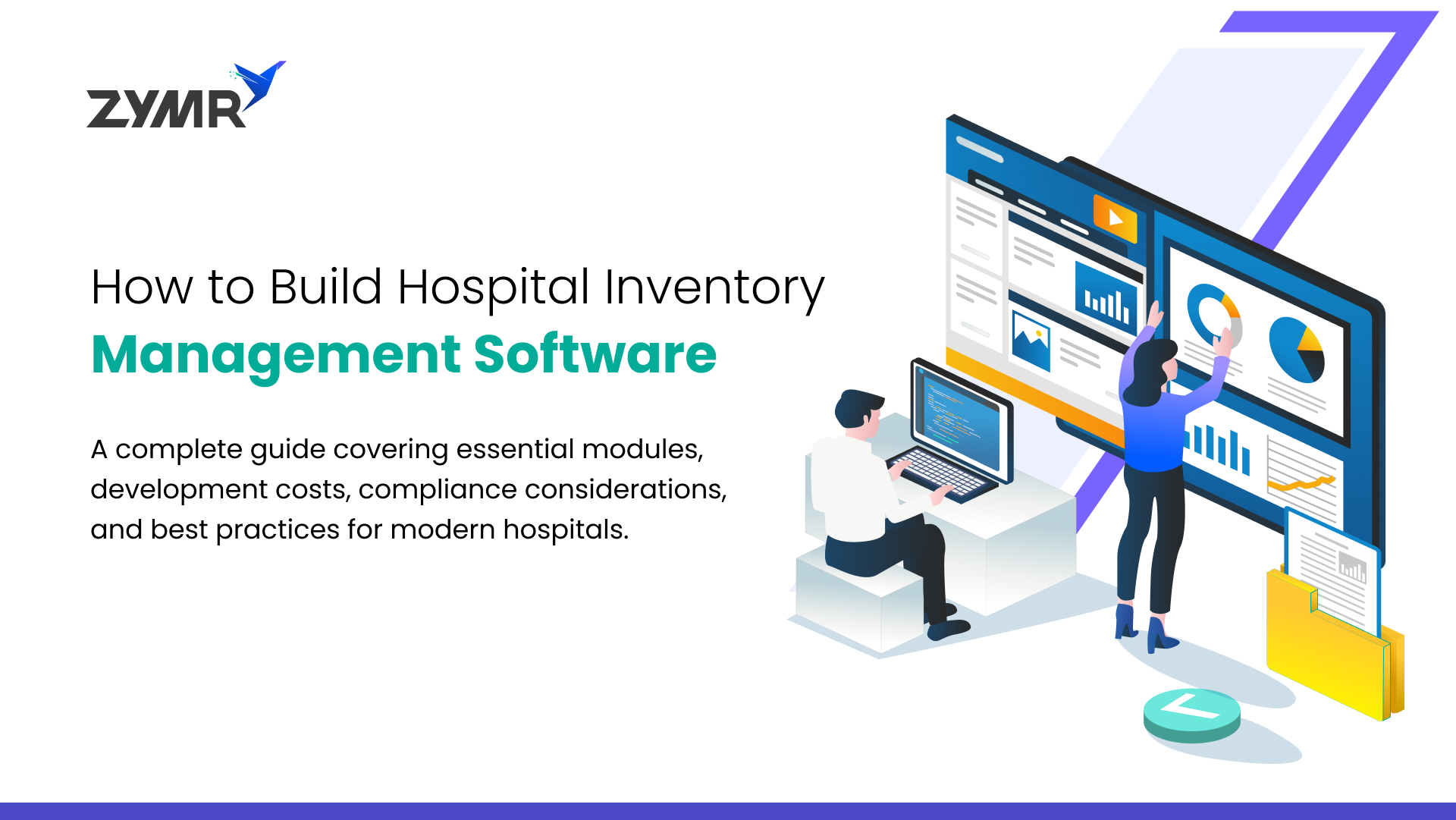Insights for the Future: Why Application Modernization Needs AI/ML and Document Processing

July 23, 2024
Prologue
Can we really do without modernization? Here’s a story. A story of a brand gained popularity around the same time as Starbucks. Popularized as a mom-and-pop video rental store, the brand brought its customers movie DVDs, game rentals, and much more. As time passed, Blockbuster quickly became synonymous with video streaming for a large customer base - and then the great recession happened.
In its heyday and peak of popularity, Blockbuster failed to assess the need for modernization and digital transformation. Let alone AI, Blockbuster even failed to realize the wonders of devops services, cloud-native application development, or product engineering services for that matter. By the time market was recovering for recession, Blockbuster had already gone bankrupt. A brand that could’ve really evolved with it’s customer’s expectations by simple application modernizations lost itself on the map. Alas! How far can you go without modernization?
Application modernization isn't just an option; it is a compass that guides companies toward sustained growth and relevance in an ever-evolving business landscape. From devops consulting to cloud development services to platform engineering services, application modernization is the only way to keep up with the evolving technology landscape. In fact, a recent survey shows that 87% of respondents underscore the significance of modernizing critical applications as a pivotal driver of success. Now here’s an the interesting part - 85% of organizations also indicated some level of AI/ML integration to drive business insights and efficiency gains. Therefore, it is safe to assume that companies are realizing that to truly strategize legacy application modernization today it is essential to brainstorm about plans for AI/ML services. But when it comes to driving business insights, how, exactly, can artificial intelligence be employed to shuffle through unstructure business data that have made it crucial for the modernization roadmap?
The synergy between AI/ML and document processing technology can serve as the answer to this question. In fact, the improved efficiency and enhanced customer experience that AI/ML-enabled document processing offers is genuinely at the heart of why application modernization is required in the first place. So, let us take a deeper look into the scope and significance of this technology and see how meaningful it can prove to strategically modernize legacy systems for the current and future business visions.
Efficient Data Extraction
Intelligent document processing can quickly and accurately extract structured data from unstructured documents like invoices, receipts, contracts, and forms. This helps streamline data entry and reduces manual errors, leading to increased efficiency.
Consider a case in fintech application development. A fintech app already has the ability to scan and capture required documents like personal identification and bank statements. Modernization with AI/ML-based document processing system can allow a swift extraction of structured data from these unstructured documents, automatically recognizing relevant information such as account balances, income figures, and personal details. The information is now much highly accurate than manual processing and any discrepancies are more likely to be alerted for.
Improved Customer Experience
Modern applications aim to provide a seamless and user-friendly experience. AI-driven document processing can help automate tasks such as document uploads, verification, and data entry, resulting in a smoother customer journey. For instance let’s see how product engineering solutions can be modernized for retail. A big problem that current users of e-commerce apps face is the time-consuming process of returns and replacements. Taking pictures of receipts, emailing documents, and filling up forms can be really annoying. On the other hand, automation document processing can streamline the customer journey where the customer support systems receives pre-verified data that can lead to faster resolution.
Enhanced Decision-Making
By analyzing and extracting insights from vast amounts of textual data in documents, AI can assist in making data-driven decisions. This is especially important in industries like finance, healthcare, and legal, where information from documents is critical for decision-making.
Consider a cloud app development company working on a project for healthcare IT services. While the cloud-based applications allow patient data to be fetched and stored anywhere anytime, they might serve no further purpose. Integration of AI/ML-based document processing technology can help analyze these medical records, lab reports, doctor’s notes etc. to offer comprehensive insights. In fact, the extracted information can be visualized on dashboards for more informed decision making.
Integration with Existing Systems
AI-driven document processing can be integrated into existing applications and systems, making it a practical choice for modernization. It doesn't always require a complete overhaul of legacy systems. An good example would be a cybersecurity services company planning to improve its QA automation system. Instead of replacing the entire QA infrastructure, AI-driven document processing can just help improving the test automation services framework. The modernized framework can easily understand the log files, event reports, and configuration files to automate test scenario design and test script development based on the ongoing performance. Thus the integrating AI/ML can enhance the existing QA automation services without any unnecessary disruptions.
Compliance and Security
Modern applications must adhere to strict compliance and security standards. AI can assist in automating compliance checks and ensuring sensitive information is handled securely, reducing the risk of data breaches and regulatory violations. ERP testing services often struggle with the complex compliance and security standards as the entire landscape is too dynamic and unpredictable. Therefore, financial transactions, inventory management, and supply chain processes can be challenging to manage for enterprise resource planning. AI-driven document processing can modernize these QA services by structuring documents related to industry-specific regulations, financial reports, and any relevant guidelines.
As discussed earlier, it is almost impossible to think of application modernization while avoiding any of the benefits we discussed here. Not just document processing, but there are many other offerings of AI/ML services that can prove crucial to the modernizing legacy applications. So, having seen that modernization cannot be thought without AI/ML, let’s get back to our original question - Can we really do without modernization?
Conclusion
Here's story about another brand. Just like Blockbuster, this one also started as a DVD rental service. However, assessing the tides quickly, the decided to go online. Not just that they invested heavily in original content, leveraging big data and, of course, AI to personalize recommendations for their customers. By 2013, they adopted cloud computing, moving away from traditional data centers. Today, we know Netflix as one of the biggest over-the-top content streaming giants in the world. It was forward looking modernization strategies that helped the company reach where its at today.
FAQs
>
>
>
>
>
Have a specific concern bothering you?
Try our complimentary 2-week POV engagement
Our Latest Blogs

January 15, 2026
Global Healthcare Outlook 2026: Key Trends in Digital Health, AI, and Patient Safety

January 15, 2026
Top 10 Healthcare IT Services Companies Transforming Healthcare Delivery(2026)

January 15, 2026





.svg)
.svg)
.svg)
.svg)
.svg)
.svg)
